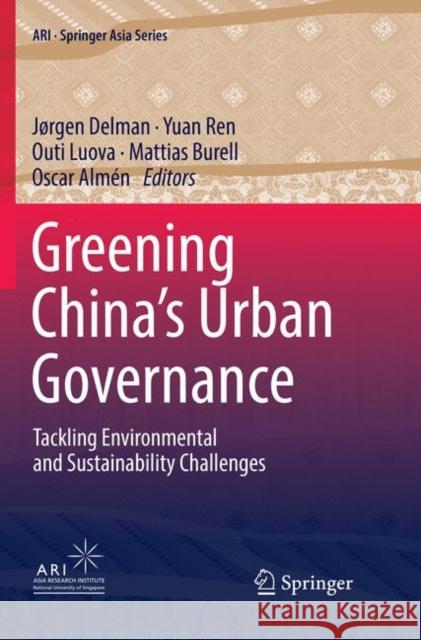Greening China's Urban Governance: Tackling Environmental and Sustainability Challenges » książka
topmenu
Greening China's Urban Governance: Tackling Environmental and Sustainability Challenges
ISBN-13: 9789811344893 / Angielski / Miękka / 2018 / 268 str.
Kategorie:
Kategorie BISAC:
Wydawca:
Springer
Seria wydawnicza:
Język:
Angielski
ISBN-13:
9789811344893
Rok wydania:
2018
Wydanie:
Softcover Repri
Numer serii:
000418152
Ilość stron:
268
Waga:
0.44 kg
Wymiary:
23.39 x 15.6 x 1.68
Oprawa:
Miękka
Wolumenów:
01
Dodatkowe informacje:
Wydanie ilustrowane











